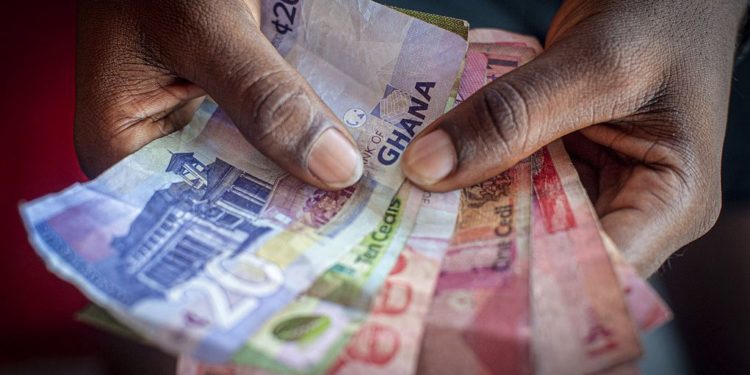Ghana’s 2026 eurobonds declined 2.5% to 59.30 cents on the dollar on Tuesday, a record low. The debt has fallen 35% this year, sending the yield as high as 27.58%.
The West African country is poised to start talks with domestic bondholders on a restructuring of its local-currency debt as part of the West African nation’s plan to secure a $3 billion loan from the International Monetary Fund.
The nation’s largest debt investors, including local banks and pension funds, are preparing to engage in a discussion on debt reorganization that could entail extension of maturities and haircuts on principal and interest payments, according to people familiar with the matter, who asked not to be identified.
The restructuring would be part of a debt-sustainability plan required by the International Monetary Fund and will include part of the $19 billion Ghana has in outstanding local debt.
Ghana began engaging the IMF in July for a $3 billion, three-year extended credit facility program after efforts — including cutting discretionary state spending by as much as 30% — failed to stem a selloff in its Eurobonds and halt a record depreciation of the cedi currency against the dollar.
The IMF has yet to conduct a “thorough update” of Ghana’s fiscal situation, the organization said, after a sustainability assessment last year concluded the country required a “rigorous and credible” plan to “put debt on a declining trajectory and ensure continued market access.
Read also; Ghana Looks to IMF for Possible 3-Year Financing Package.




